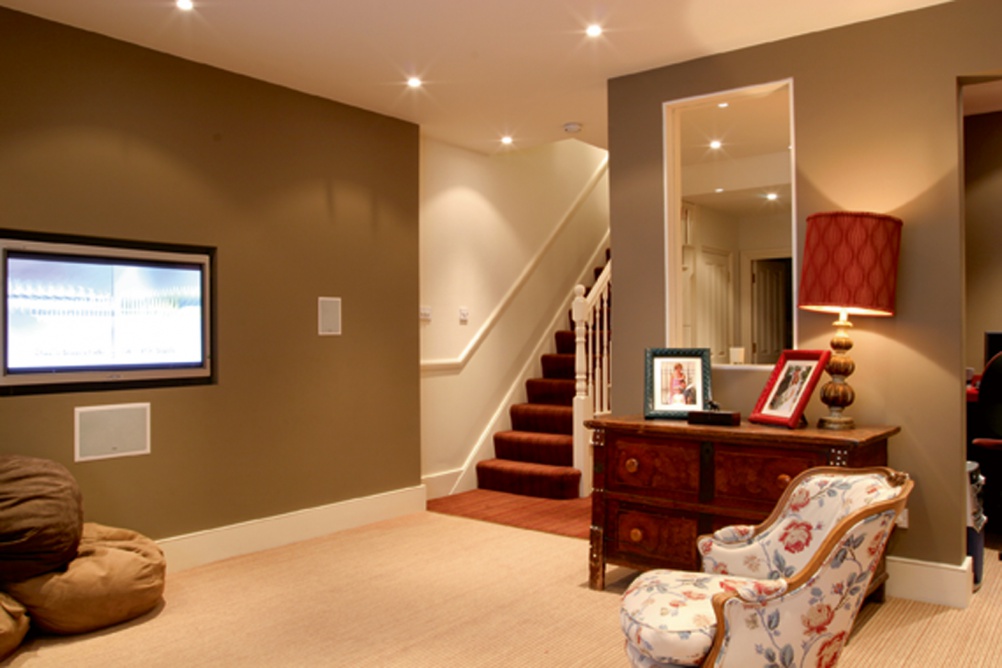What are the most effective waterproofing techniques for basements?
January 27, 2022

Effective Waterproofing Techniques, for Basements in London
When it comes to converting your basement waterproofing is absolutely crucial. It cannot be emphasized enough how important it is to get it done right. Dealing with a basement can lead to a host of problems, which can significantly increase the costs of your conversion by making it difficult to pinpoint the source of the leak – something you definitely want to avoid! That's why we strongly recommend involving a Waterproof Design Expert from the start to guide you through the design process.
During your project, your Architect should help you find and coordinate with a Waterproofing Specialist. Choosing the experts and construction companies for waterproofing is highly critical due to its nature. Make sure you receive all the documentation and certifications as they can be helpful for warranty claims (if you ever decide to sell the property) or insurance claims (in case of leaks). Generally, manufacturers offer a 30-year warranty. We have experience, with DELTA Waterproofing systems.
Now lets explore the three methods of waterproofing;
Type A. External Waterproofing
This method works wonders for constructions that have plenty of space surrounding them. It's a way to prevent leaks. However, when houses are built close together having an amount of space to implement this method becomes challenging. Therefore it is generally not suitable, for conversions in London.
Type B. Waterproofing using Concrete/Slurry
In this technique, concrete is careful. Laid around the edges to prevent water from seeping. It works well for preventing water-related problems in London. However, we have noticed that over time there is a possibility of leaks occurring with this approach.
Type C. Cavity Draining Tanking System
This method involves installing a drainage system that collects all the water and directs it away from the conversion by means of a trench, around the perimeter. We highly recommend this approach as it not prevents but actively addresses any water issues that may arise during the conversion process.